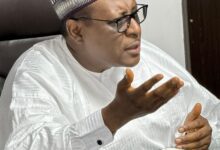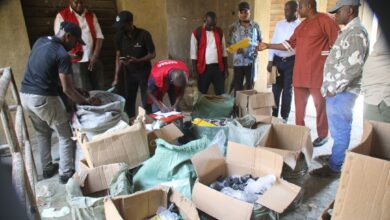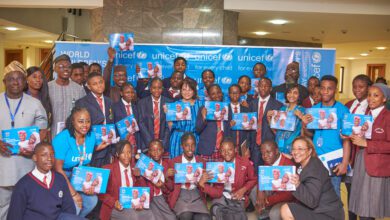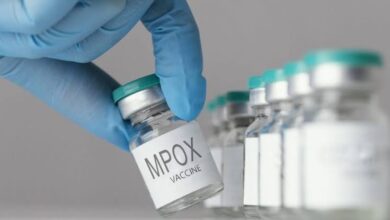WHO Intensifies Fight Against Infodemics, Says SDGs Attainment In Jeopardy
By Alice Etuka, Abuja
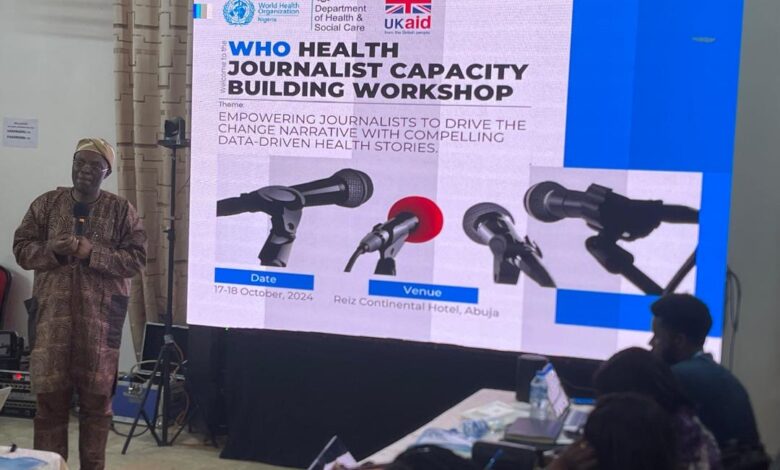
The World Health Organisation (WHO) has urged the media to dispel misinformation, fake news, disinformation and all other actions that could prevent the country from achieving its Sustainable Development Goals (SDGs) by 2030.
WHO Representative in Nigeria, Dr. Walter Mulombo gave the call at a two day Capacity Building Workshop for Health Journalists held in Abuja.
Mulombo disclosed that only 17% of countries were on track to achieve SDGs by 2030, “the rest of them are in jeopardy”.
He gave reasons for the sad development to include the global economic downturn following the negative impact of Covid-19 pandemic, climate change, emergencies, humanitarian crisis amongst others.
These events, he explained created an environment where, “everyone is now looking inwards. Those donor countries are now looking inwards in trying to solve their challenges”.
Mulombo stated that there was economic crisis everywhere, coupled with multiple emergencies that required prompt action in addition to the work to achieve, accelerate Universal Health Coverage.
Furthermore, he deduced from experience that countries who moved faster to achieve Universal Health Coverage (UHC) and ultimately the SDGs target relied on their own domestic resources and investment.
On whether Nigeria would meet its SDGs and UHC target, and what it needs to do, he said:
“Only 17% of countries are on track, the rest are at risk at various levels.
“The Summit of the Future has endorsed a road map with strategies to accelerate, Nigeria sent a very high level and also co-oped those strategies”.
For Nigeria to achieve SDG and UHC, “the key word is acceleration in whatever we do, if we continue at current pace, we may not reach there. It’s no longer time for pilot project. It’s time for implementation, quality, scale and speed if we are to reach there.
“It’s still at risk in many countries, Nigeria likewise but I believe if we (not just the government, we as a community) become very deliberate in action required we can get there. It requires the whole of government and whole of community approach”.
The WHO Representative therefore called on everyone to do all within their reach to help Nigeria achieve her SDG target by 2030.
He urged the media to do that which is within their reach by spreading the right information
He noted that journalists were critical in addressing infodemics to pass the right information, “we need to make sure that every information we convey is backed by proper evidence”, he counseled.
Speaking further, he encouraged the journalists to, “report with the sense of responsibility, anticipating the consequences of your report in time and space, anticipating the reactions of the communities who may not know much about the diseases or everything going on around them, relying on you to get reliable, truthful information.
“We are here to provide answers to your question to enable you provide the same answers to your community”.
He concluded by reiterating the fact that “vaccines are safe and efficacious. Before WHO gives the green light to any vaccine, it goes through series of tests to make sure it’s safe”.
In conclusion, he stated that vaccine hesitancy, disbelief and rumors would hamper the country from achieving SDG Target 3.8 which talks about achieve universal health coverage, including financial risk protection, access to quality essential health-care services and access to safe, effective, quality and affordable essential medicines and vaccines for all.

